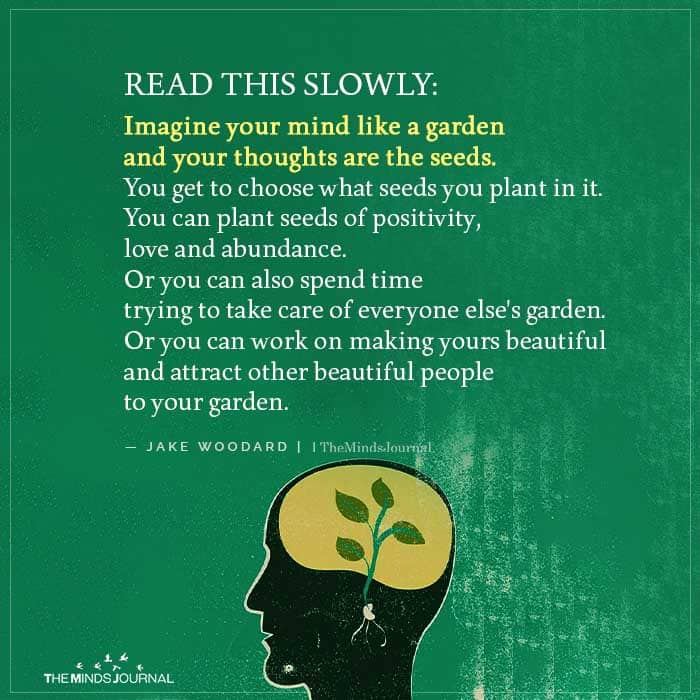As a cliché souvenir, I love New York.
While OTT may be a dubious assessment of everything Mecca, I would say that everything: the lights, the commercials, the artists, the people, the news on the giant screens in the buildings, well, it can be overwhelming at times.
However, the reality is that our lives are becoming more and more like Times Square. Wherever we go, messages lead us. They are on our social networks, they are on public transport, they are on roadsides and on overpasses when we pass under them, in doctors' offices and hospitals.
I recently found myself in last place with my mother, who was quite ill. He writhed in pain next to me, and the television screen flashed a picture of the flood in my kingdom.
At that moment, my mind was processing these two events in its own way, filled with uncontrollable information and indescribable pain for this stranger and my mother sitting next to me.
This dominance is not unique to me, it is not a strange thing or only felt when the situation is urgent, it can happen to anyone.
Anne-Laure Le Kanoff, PhD at the Institute of Psychiatry, Psychology and Neuroscience and founder of Ness Labs, says that's why studying how to process information and how it makes us feel is so important.
"We are constantly bombarded with news and content on social networks. We absorb all thoughts that are not ours and live in our heads. All these thoughts weigh heavily on our minds."
To combat this, he suggests a technique called Mind Gardening.
The internet is not going anywhere , we can learn to use it in a healthy way
"Smart gardening is a new approach to managing information overload. It's inspired by the world of gardening: instead of letting weeds grow in your mental garden, you can make it a place to grow based on ideas that really interest you. Caring for your ideas thoughts are your curiosity (seeds). It's about growing, increasing your knowledge (trees) and creating new thoughts (fruits), he explained.
According to Le Kanoff, the biggest benefit of mental gardening is that it allows you to move from a passive consumer to an active participant.
“This has clear implications for the way you travel the world. Instead of being overwhelmed by the constant flow of information, you can choose which ideas to implant in your mind. Instead of worrying about recurring thoughts, you may decide to eliminate them and develop different thoughts. It's a quieter way of conveying information."
While I personally don't have the slightest green thumb/actual gardening idea, mental gardening ideas sound interesting (I mean something to calm down and avoid anxiety, right?!).
According to Le Kanoff, it's also easy.

"It takes the concepts of planting, growing, feeding and pruning and applying them to how we manage our minds," he said.
Basically, there are three main steps to thinking about gardening.
“First of all, you need to plant the seeds of quality in your mind. That means controlling the content you consume and the conversations you have. Focus on the things that motivate you and connect with those things.”
Second, says Le Kanoff, “You have to develop and cultivate these thoughts by actively engaging with them. Look for interesting connections between ideas, ask yourself what these ideas mean to you.”
And finally, if you find an interesting connection, share it with the world!
Let's say you read an interesting article and remember a conversation with a friend. You may decide to message your friends to let them know about this interesting idea. Or maybe you can turn that idea into a note that you share on social media.”
Like most mindfulness and stress reduction techniques, mental gardening is not a magic bullet and takes time.

“Any major change takes time. You can start by browsing social networks and selecting the information that interests you. What's so interesting about it? Does this remind you of anything else you've experienced recently? Can you share some thoughts on this with the world? "
One thing that distinguishes mindful gardening from many other disciplines, such as meditation, is that it doesn't require disconnecting from the world around you. Instead, it offers you a way to work with the highly connected world we live in, says Le Kunf.
“Mind gardening is about reorganizing engagement with digital content and social media. The internet isn't going anywhere, we can learn to use it in a healthy way."


